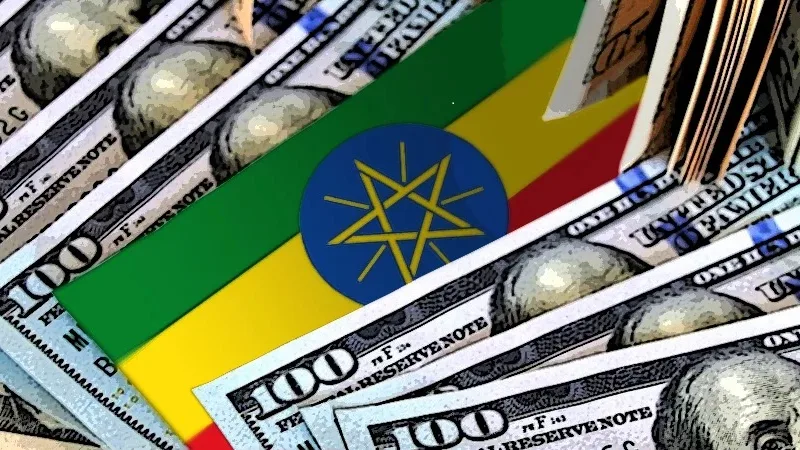The Prime Minister hinted that amendments are being considered for the Constitution of Ethiopia.
During a briefing to the House of Representatives on his government’s six-month performance, Prime Minister Abiy highlighted the establishment of a national dialogue commission aimed at addressing concerns raised by the Amhara region regarding the constitution.
Prime Minister Abiy Ahmed stated that, “A national dialogue commission has been established to address questions raised by the Amhara region regarding the constitution, and the commission is actively addressing these concerns.”
The Amhara people have raised concerns that the current constitution poses threats to their rights of movement, work, and wealth generation, as well as causing identity issues.
They argue that the constitution was not adequately discussed during its drafting and approval and believe it excludes the Amhara people. For instance, they contest the demarcation of the Amhara region, claiming that many of its lands and resources have been allocated to Tigray and Oromia regions without sufficient discussion.
Upon assuming power in 2018, Prime Minister Abiy Ahmed asserted, “We will not amend the constitution of Ethiopia for the sake of one region.”
However, in response to inquiries from the House of Representatives about constitutional amendments, he emphasized the importance of careful consideration to prevent future constitutional instability.
Another issue addressed to the Prime Minister was the government’s tax collection performance, which fell slightly short of its target. The government planned to collect 270 billion birr and earned 265 billion birr in the last six months.
Regarding direct peace negotiations with armed forces, the government expressed readiness for dialogue if militants lay down their weapons.
Members of the House of Representatives also queried why Ethiopia was listed among countries unable to meet their debt obligations.
Prime Minister Abiy attributed Ethiopia’s debt challenges not to an inability to pay, but to issues related to usury, where borrowed funds fail to generate anticipated returns.
He highlighted that Ethiopia had paid $9.9 billion in debt between 2018 and 2023 but did not specify the recipients of the $10 billion out of the $28 billion foreign debt stock.
Ethiopia’s government purchased 1 billion euros from Eurobonds in 2014, defaulting two months prior to the present time, joining Ghana and Zambia among countries struggling to repay debts.
Ethiopia’s inclusion on the list of countries struggling to meet their debt obligations has raised concerns, particularly regarding the country’s default on a 1 billion euro Eurobond purchased in 2014.
Although Ethiopia is obligated to pay $33 million monthly to service the Eurobond loan, the Ministry of Finance stated that payments would commence once lenders’ requests to reschedule Ethiopia’s debt repayment period are addressed.
